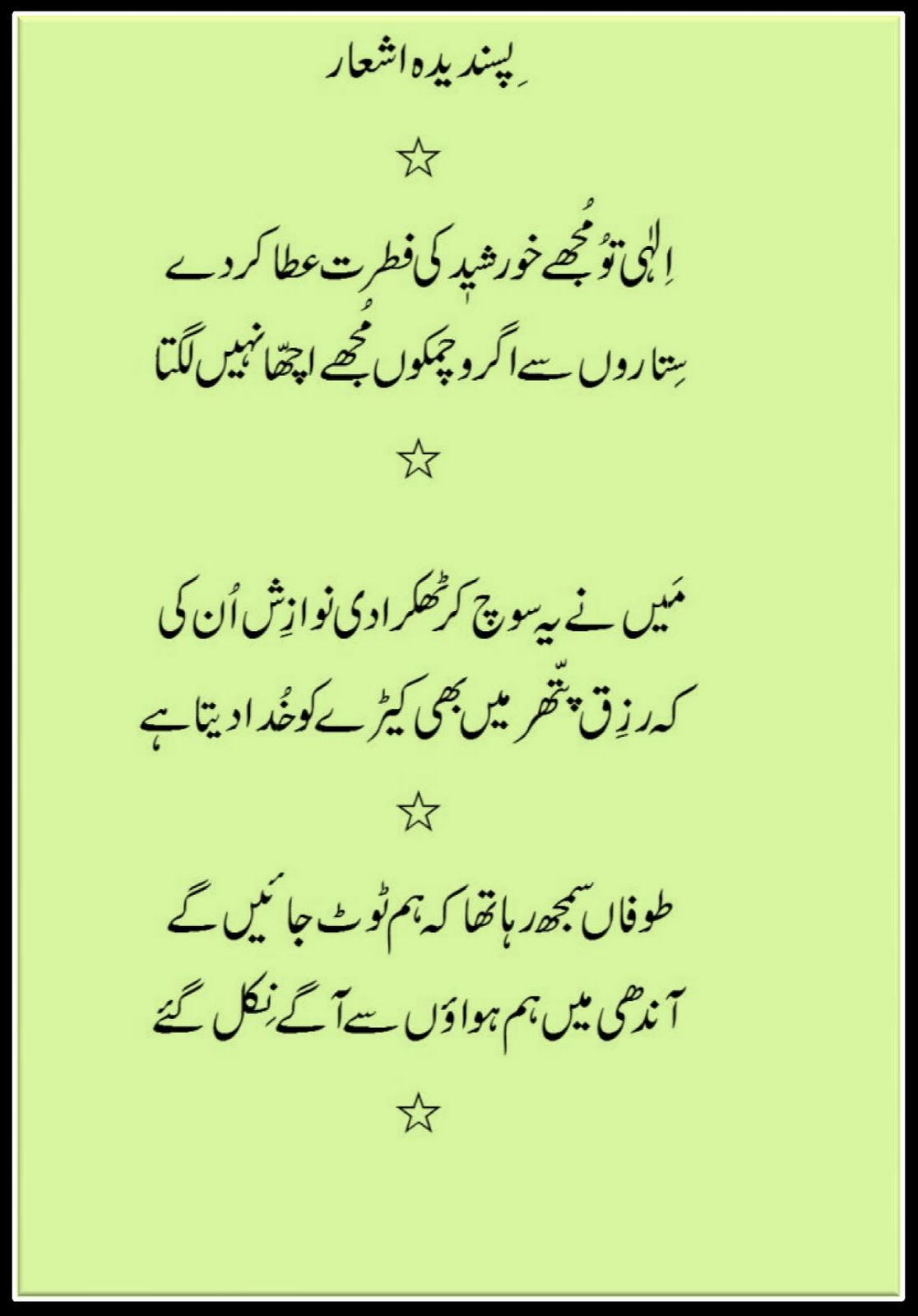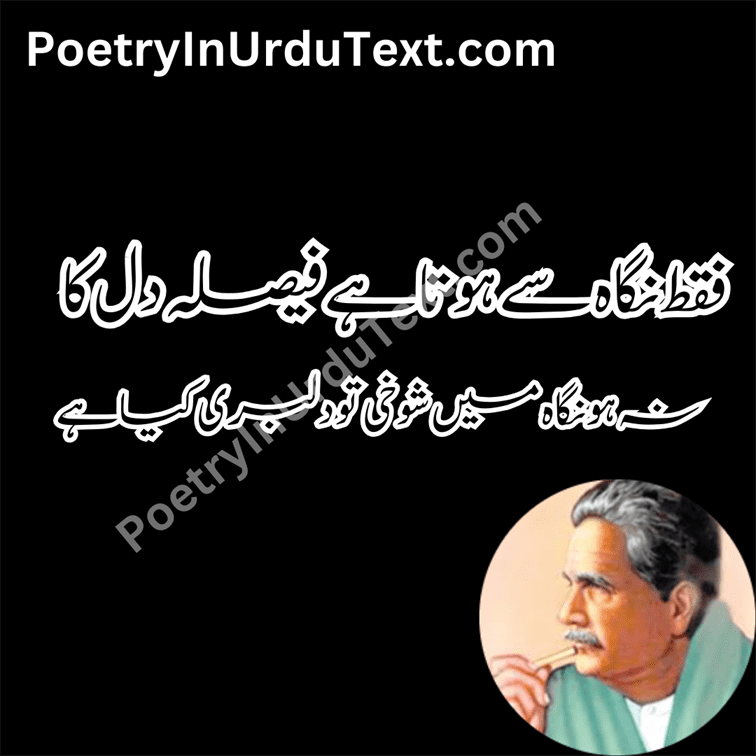Unveiling The Rich Tapestry Of Urdu Literature Poetry: A Journey Through Words
Urdu literature poetry has long been a treasure trove of emotions, history, and culture. It’s not just about rhymes and verses; it’s an intricate dance of words that speaks to the soul. From the heart-wrenching ghazals of Ghalib to the fiery revolutionary poems of Iqbal, this literary tradition carries centuries of wisdom and passion within its lines. Whether you’re a seasoned admirer or a newcomer, the world of Urdu poetry offers something for everyone to explore and cherish.
Imagine sitting in a cozy corner with a steaming cup of chai, letting the rhythmic verses of Urdu poetry transport you to another time and place. The beauty of Urdu poetry lies in its ability to evoke deep emotions, from joy to sorrow, love to longing. It’s a language that resonates with the human experience, making it timeless and universal.
Urdu literature poetry is more than just an art form; it’s a reflection of society, history, and philosophy. Through its verses, we can trace the evolution of cultures, the struggles of humanity, and the enduring quest for meaning. So, whether you’re diving into this world for the first time or revisiting old favorites, let’s embark on this journey together and uncover the magic of Urdu poetry.
Read also:Excon Charged With Murdering Mom And Brother Just Days After Leaving Prison
Understanding the Essence of Urdu Literature Poetry
Urdu poetry isn’t just about beautiful words; it’s about the depth of meaning behind them. Each line, each word, carries layers of emotion and thought that can be uncovered with careful reading. This is why understanding the essence of Urdu literature poetry is crucial for anyone who wishes to appreciate its true value.
The roots of Urdu poetry can be traced back to the 13th century, where it evolved from Persian, Arabic, and local Indian languages. Over time, it developed its own unique identity, blending diverse cultural influences into a harmonious whole. Today, it stands as one of the most respected forms of literary expression in South Asia and beyond.
Key Themes in Urdu Poetry
Themes in Urdu literature poetry are as varied as they are profound. Love, loss, longing, and spirituality are recurring motifs that have captivated readers for generations. Here’s a quick look at some of the most prominent themes:
- Love: Whether romantic or platonic, love is at the heart of many Urdu poems. The intensity and passion conveyed in these verses make them unforgettable.
- Longing: A sense of yearning for something unattainable often permeates Urdu poetry, creating a bittersweet beauty.
- Spirituality: Many poets delve into religious and philosophical ideas, exploring the relationship between man and God.
- Revolution: Some works are infused with political and social messages, calling for change and justice.
These themes, among others, ensure that Urdu poetry remains relevant across different eras and audiences.
Historical Evolution of Urdu Literature Poetry
To truly appreciate Urdu literature poetry, it’s important to understand its historical journey. From its humble beginnings to becoming a global phenomenon, the evolution of Urdu poetry is a fascinating tale in itself.
Early Beginnings
In the early days, Urdu poetry was heavily influenced by Persian and Arabic traditions. Poets like Amir Khusrau laid the foundation for what would become a rich literary heritage. Their works introduced new forms and styles, paving the way for future generations.
Read also:Adalberto Martiacutenez Resortes A Celebrated Icon In Mexican Comedy
As the Mughal Empire flourished, so did Urdu poetry. Courts became hubs of creativity, where poets gathered to recite their masterpieces. This period saw the emergence of iconic figures like Mir Taqi Mir, whose works are still celebrated today.
Modern Developments
In the 20th century, Urdu poetry underwent significant changes. The partition of India and Pakistan brought new challenges and opportunities for poets. Writers like Faiz Ahmed Faiz used their verses to address the socio-political issues of their time, giving voice to the oppressed and marginalized.
Today, Urdu poetry continues to thrive, with modern poets experimenting with new forms and techniques while staying true to the traditions of the past.
Forms and Styles in Urdu Literature Poetry
One of the reasons Urdu poetry is so captivating is its diversity in forms and styles. Let’s explore some of the most popular ones:
- Ghazal: Perhaps the most famous form, ghazals consist of couplets that follow a specific rhyme scheme. They often deal with themes of love and longing.
- Marsiya: A form of elegiac poetry, marsiyas are written to mourn the death of loved ones, particularly religious figures.
- Qawwali: These are devotional songs that blend poetry with music, creating a powerful spiritual experience.
- Nazm: Unlike ghazals, nazms are free-flowing poems that don’t adhere to strict rules of rhyme and meter.
Each form offers a unique way to express emotions and ideas, making Urdu poetry a versatile and dynamic art form.
Iconic Figures in Urdu Literature Poetry
No discussion of Urdu poetry is complete without mentioning its legendary poets. These individuals have left an indelible mark on the literary world with their groundbreaking works.
Mirza Ghalib
Mirza Ghalib is often regarded as the greatest Urdu poet of all time. His ghazals are a masterclass in complexity and depth, exploring themes of love, life, and philosophy. Ghalib’s ability to convey profound truths through simple yet elegant language continues to inspire readers worldwide.
Allama Iqbal
Allama Iqbal, also known as the Poet of the East, was not only a literary genius but also a philosopher and politician. His poems, such as “Asrar-i-Khudi” and “Rumuz-i-Bekhudi,” explore the idea of self-discovery and the pursuit of knowledge. Iqbal’s influence extends far beyond poetry, shaping the intellectual landscape of the region.
The Impact of Urdu Literature Poetry on Society
Urdu poetry has always been more than just an art form; it’s a mirror reflecting society’s triumphs and tribulations. Through its verses, poets have addressed issues ranging from love and loss to war and peace. This ability to connect with the human experience has made Urdu poetry a powerful tool for social change.
Social Commentary
Poets like Faiz Ahmed Faiz and Habib Jalib used their works to critique the political and social systems of their time. Their poems became anthems for the oppressed, inspiring movements for justice and equality.
Cultural Preservation
Urdu poetry also plays a crucial role in preserving cultural heritage. By passing down stories, traditions, and values through generations, it ensures that the rich history of the region is not forgotten.
How to Appreciate Urdu Literature Poetry
For those new to Urdu poetry, it can seem daunting at first. However, with a few tips, anyone can begin to appreciate its beauty and depth.
Start with the Classics
Begin your journey by reading the works of renowned poets like Ghalib, Iqbal, and Mir. Their poems are not only accessible but also provide a solid foundation for understanding the nuances of Urdu poetry.
Attend Mushairas
Mushairas, or poetry recitation events, are a great way to experience Urdu poetry live. Listening to skilled poets recite their verses can enhance your appreciation of the art form.
The Future of Urdu Literature Poetry
As we move into the digital age, the future of Urdu poetry looks bright. With platforms like YouTube and social media, poets now have more opportunities than ever to reach global audiences. This democratization of access ensures that Urdu poetry will continue to thrive and evolve in the years to come.
Challenges and Opportunities
Despite its popularity, Urdu poetry faces challenges such as declining interest among younger generations and the dominance of English in modern literature. However, these challenges also present opportunities for innovation and reinvention, ensuring that the tradition remains vibrant and relevant.
Conclusion: Why Urdu Literature Poetry Matters
Urdu literature poetry is a treasure trove of emotions, ideas, and cultural heritage. It speaks to the heart and mind, offering solace and inspiration in equal measure. Whether you’re reading the timeless verses of Ghalib or discovering new voices in contemporary poetry, the world of Urdu poetry is waiting for you to explore.
So, why not dive in? Pick up a book, attend a mushaira, or simply listen to a qawwali. Let the magic of Urdu poetry touch your soul and enrich your life. And don’t forget to share your thoughts and experiences in the comments below!
Table of Contents
- Unveiling the Rich Tapestry of Urdu Literature Poetry
- Understanding the Essence of Urdu Literature Poetry
- Key Themes in Urdu Poetry
- Historical Evolution of Urdu Literature Poetry
- Early Beginnings
- Modern Developments
- Forms and Styles in Urdu Literature Poetry
- Iconic Figures in Urdu Literature Poetry
- The Impact of Urdu Literature Poetry on Society
- How to Appreciate Urdu Literature Poetry
- The Future of Urdu Literature Poetry


